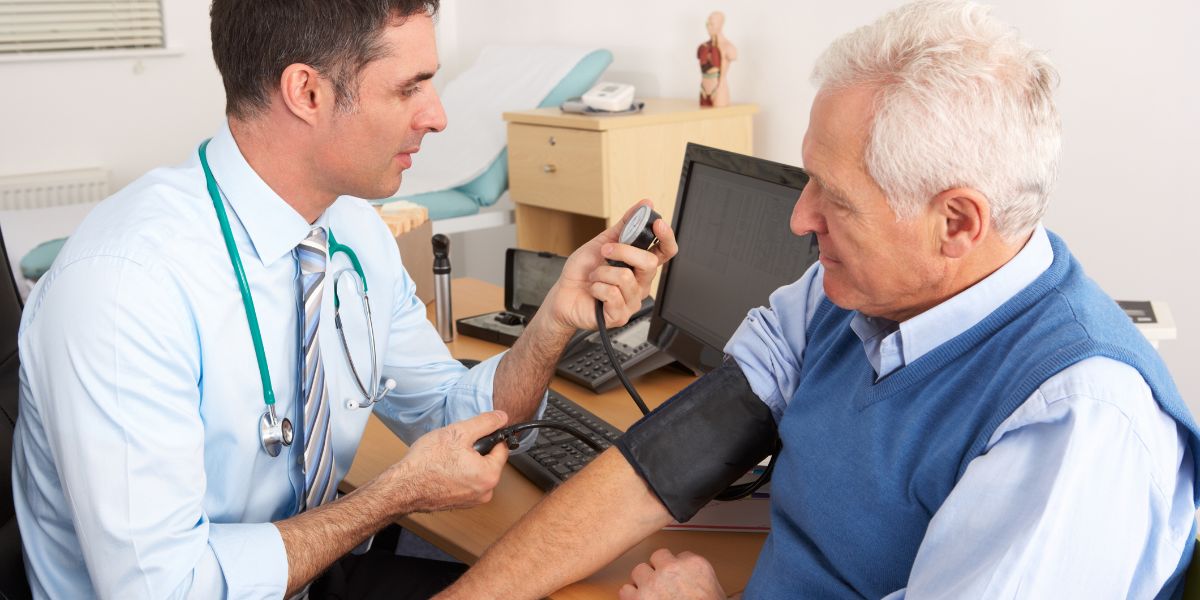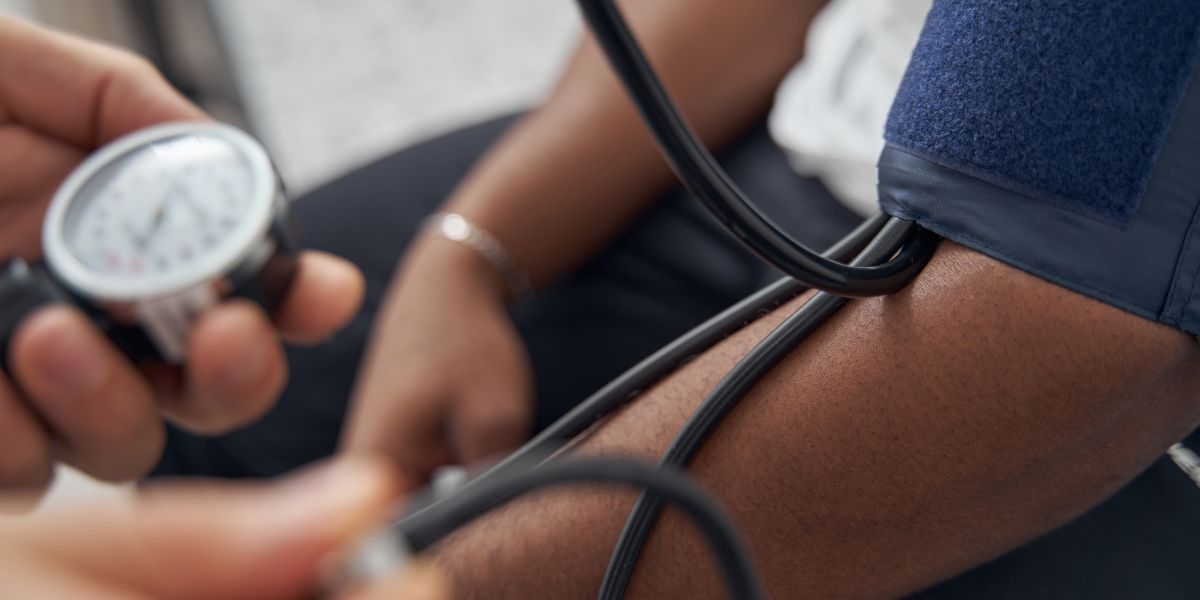The number of GP practices is significantly lower in poorer areas of England compared to richer parts of the country, new analysis has revealed.
A study by the University of Cambridge has identified that the number of GPs per patient is considerably higher in affluent areas compared to more deprived neighbourhoods.
Residents living in poorer communities also struggle more to contact their GP surgery via the phone compared to those from richer areas.
- Poor cognitive function triggered by lack of sleep during childhood, study claims
- Wider socioeconomic factors influence parents’ food choices, research shows
The results of the British Social Attitudes poll show that the public rankings of GP care have dropped to the lowest it has ever been since the launch of the survey in 1983.
Scores were particularly low from those living in less affluent areas, the research findings have reported.
According to the Care Quality Commission (CQC), GP services need to be improved in deprived neighbourhoods, such as Blackpool.
Dr Susan Green, who works in the seaside town, said: “It is so devastating to be told that you’re the problem. There are not enough doctors to meet the demand from patients.
“That’s a really hard thing to reconcile. You want to be able to help everyone that needs it, but you simply can’t.”
The number of GPs working in Dr Green’s practice has decreased since 2015, but the list of patients has increased from 8,500 to 11,600 over the last seven years.
This pattern has been similar across the whole of England, but it has particularly noticeable in poorer areas.
- Deprived areas see obesity rates rise twice as fast as richer communities, new report says
- Ground-breaking technology enables man with paralysis to communicate in sentences
Chief author Dr John Ford said: “If we look over the past seven years, practices in richer areas have gained on average about one day a week of additional GP time.
“Whereas practices in poorer areas have actually lost about a day and a half of GP time per week.”
A Department of Health and Social Care representative said: “Our policies will improve access to general practice across the country, including in the most deprived areas.
“We’re also focusing support on those that need it most – NHS England will be working with up to 400 practices this year to deliver care to patients in the most deprived areas.”
They added: “We made £520m available to improve access and expand general practice capacity during the pandemic, in addition to at least £1.5bn announced in 2020 to create an additional 50 million general practice appointments by 2024, by increasing and diversifying the workforce.”





